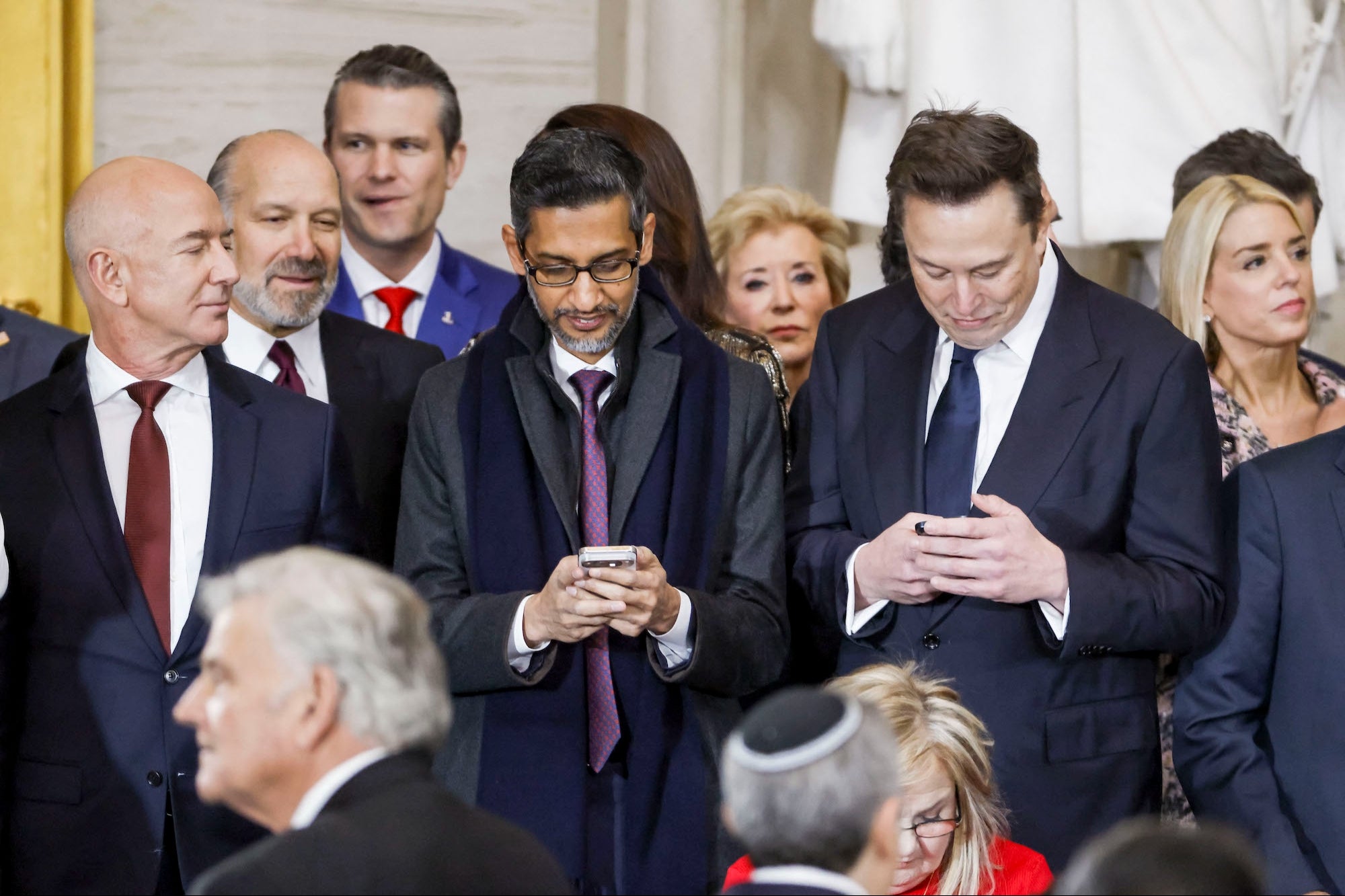The Unwritten Rules of Civility 'Getting along' in the workplace sometimes requires more than merely following the Golden Rule.
"Why can't we all just get along?"
Rodney King's 1991 plea has become part of our nation's vernacular. While the dialogue on diversity has led to passionate conversations about what it means to be civil, we still struggle with the essence of the question: Why can't we all just get along?
At the core of "getting along" are rules, obligations and norms that, when shared, provide the foundation for strong, stable relationships and flourishing communities. Through such conventions of civility, we learn about what polite behavior and manners mean to the community. Some might say these rules provide a sense of order; others would suggest that civility fosters feelings of well-being and positive relationships.
The roots of such rules can be traced back to ancient civilizations. As their society advanced, the Greeks developed systems and structures that differentiated roles to maximize efficiency. The Hebrews learned how to live together from the teachings of the Torah, which underscore many of our current Judeo-Christian cultural norms. Even the Golden Rule's notion of "Do unto others as you would have them do unto you" is a shared concept for most people from Western cultures.
The word "manners," derived from the Latin word "hand," refers to how we handle relationships. Doing this well requires skills for attending to each other and a strong capacity for empathy. But what happens in a world where people from various cultures, who may or may not share unspoken rules, norms and obligations, meet in everyday interactions? Picture an encounter between two people who both intend to create a harmonious relationship, but one perceives the other's solicitous, polite--even generous--behavior as imposing. As Barnett Pearce observed in Communication and the Human Condition, "Persons who live in various cultures and historical epochs do not 'merely' communicate differently but experience different ways of being human because they communicate differently."
Today, we have an unprecedented confluence of cultural norms requiring us to be much more intentional and explicit about what we mean by civility. We are called upon to follow the Platinum Rule: Do unto others, as they would like to be treated.
Where are the guidelines for dealing with inadvertently affronting someone? In Persian culture there is a term for politeness: ta'arof. When someone makes you an offer, you're supposed to say no. There is a back-and-forth dance, which can go on and on. But what if a Persian individual meets someone from Western culture in the workplace? Consider this scenario: A Westerner walks into the office of a Persian colleague and admires a painting on the wall. The Persian responds, "If you like it you can have it." The Westerner thanks the Persian colleague, who is taken aback.
You don't have to be from another country to bump up against such differences. In a less obvious example, I might be from a high context culture where asking you personal questions about you and your family shows caring, whereas you might consider it just plain impolite and nosy. In other words, the intersection between polite professionalism and honest conversation can be a tenuous crossroads.
While we can't always control when and how we might offend another, despite our best intentions, we can work toward promoting relationships that allow us to openly communicate if we've been offended, and feel confident that such concerns will be worked through. This is a two-sided equation requiring both parties to assume best intentions to learn from the episode.
So, what can we do to foster workplaces that are more civil and respectful? First, we can have conversations about what being civil means for different people. This would provide some sense of shared norms, with the ultimate goal of creating respectful, valued relationships, strengthening communication, and fostering interpersonal and team collaboration. Some simple actions that we can all take include:
- noticing your point of view, particularly when you're holding tight to it, and making a point to seek out and truly listen to perspectives different than yours;
- being curious about and interested in others;
- choosing to speak with someone face-to-face if you think there may be room for miscommunication via e-mail or over the phone; and
- speaking up when others are excluded.
Being civil means being constantly aware of others and weaving restraint, respect and consideration into this awareness. Civility is attending to the community at large in our everyday interactions. The goal is moving beyond politeness, tiptoeing around conversations so as not to offend, or saying what you think you're supposed to say, to more authentic sharing.
Ilene Wasserman, Ph.D., is Entrepreneur.com's "Office Culture" columnist. As founder and principle of the ICW Consulting Group, she helps foster diversity and inclusion throughout the workplace by enhancing communication and collaboration at all levels.









